Related Research Articles
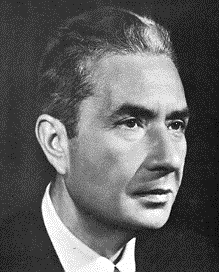
Aldo Moro was an Italian statesman and prominent member of Christian Democracy (DC) and its centre-left wing. He served as prime minister of Italy in five terms from December 1963 to June 1968 and from November 1974 to July 1976.
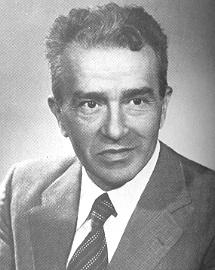
Pietro Ingrao was an Italian politician and journalist who participated in the Italian resistance movement. For many years, he was a senior figure in the Italian Communist Party (PCI).

Giovanni Lombardo Radice was an Italian actor, screenwriter and theatre director. He was best known to film audiences for his roles in horror films, several of which became cult classics. He was sometimes credited under the stage name John Morghen.
Lidia Ravera is an Italian writer, journalist, essayist and screenwriter.
Lombardo is an Italian demonym and surname, most commonly found in Sicily where it is the third most common family name. Notable people with the name include:
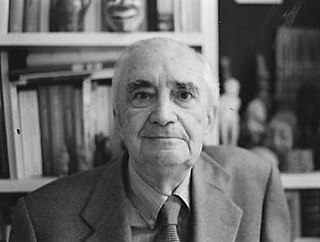
Virgilio Tosi was an Italian documentary filmmaker and historian of early film.

Giovanni di Mocenigo was doge of Venice from 1478 to 1485. He fought at sea against the Ottoman Sultan Mehmed II and on land against Ercole I d'Este, duke of Ferrara, from whom he recaptured Rovigo and the Polesine. He was interred in the Basilica di Santi Giovanni e Paolo, a traditional burial place of the doges. His dogaressa was Taddea Michiel, who was to be the last dogaressa to be crowned in Venice until Zilia Dandolo in 1557, almost a century later. His brother, Pietro Mocenigo, served as Doge before him, in 1474–1476.
Gemma Harasim was a known pedagogical writer from Fiume.

Francesco Daverio was a patriot of the Italian unification, Chief of Staff of the Roman Republic, and an engineer, who died on the Janiculum defending the Casino dei quattro venti.
The Right group, later called Historical Right by historians to distinguish it from the right-wing groups of the 20th century, was an Italian conservative parliamentary group during the second half of the 19th century. After 1876, the Historical Right constituted the Constitutional opposition toward the left governments. It originated in the convergence of the most liberal faction of the moderate right and the moderate wing of the democratic left. The party included men from heterogeneous cultural, class, and ideological backgrounds, ranging from British-American individualist liberalism to Neo-Hegelian liberalism as well as liberal-conservatives, from strict secularists to more religiously-oriented reformists. Few prime ministers after 1852 were party men; instead they accepted support where they could find it, and even the governments of the Historical Right during the 1860s included leftists in some capacity.
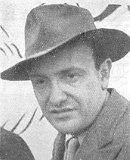
Mario Alicata was an Italian Partisan, literary critic and politician.

Padre Pio: Between Heaven and Earth is a 2000 Italian television movie directed by Giulio Base and starring Michele Placido in the title role. The film is based on real life events of Roman Catholic friar and later Saint, Padre Pio.
Radice is a surname of Italian origin which may refer to:
Editori Riuniti is an Italian publishing house based in Rome that publishes books and magazines on the history of socialism, socialist thought, physics and mathematics theory, and the history of Central and Eastern Europe and the Balkans.
Giuseppe Alberigo was an Italian Catholic historian and editor of a history of the Second Vatican Council that focuses on alleged discontinuities and departures from previous Church teaching.
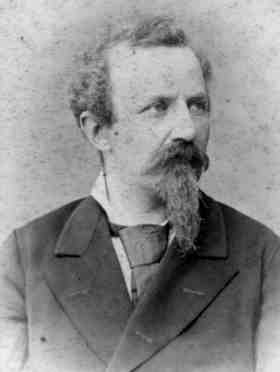
Alfonso Cossa was an Italian chemist.

Giulio Savelli was an Italian politician and publisher.

The Pontifical Lombard Seminary of Saints Ambrose and Charles in Urbe is an ecclesiastical institution that serves as a residence for and trains diocesan priests who have been sent to Rome by their bishop to pursue an advanced degree or follow a specialized course of study at one of the pontifical universities there.
Giuseppe Fiocco was an Italian art historian, art critic, and academic. He is known for his research and writings on Venetian and Florentine artists.
Giuseppe Lombardo Radice was an Italian pedagogist and philosopher.
References
- ↑ Lucio Lombardo Radice at the Mathematics Genealogy Project
- ↑ Urban, George R. (1978), Eurocommunism: its roots and future in Italy and elsewhere , Universe Books, p. 279, ISBN 978-0-87663-329-8 .
- ↑ ""Ich bin immer ein Genosse"". www.akweb.de (in German). 13 December 2022. Retrieved 25 December 2023.
- ↑ "LOMBARDO-RADICE, Giuseppe". Treccani. Retrieved 13 May 2020.
- ↑ "Giovanni Lombardo Radice: nel suo genere, un mostro". La Repubblica (in Italian). 28 November 2016. Retrieved 13 May 2020.
- ↑ "LOMBARDO RADICE, Marco". Treccani. Retrieved 13 May 2020.
- ↑ Brief history of ITC Lucio Lombardo Radice Archived 2009-08-05 at the Wayback Machine .